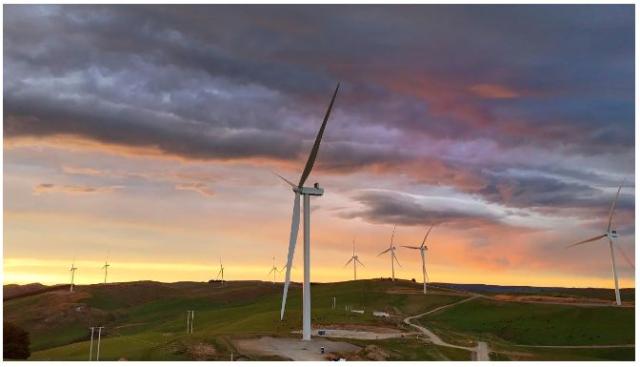The Donald Trump administration has initiated steps to reverse a Joe Biden-era regulation that reduced fees for renewable energy projects on federal lands, arguing that the rule disproportionately favored wind and solar developments. The Interior Department announced the White House would review the proposed rescission before it is formally introduced and opened to public comment.
The regulation in question, finalized in 2024, implemented an approximately 80 percent reduction in project fees for wind and solar energy developments on federal lands, a move that developers had long advocated for, citing prohibitive costs that hindered investment.
Interior Secretary Doug Burgum defended the planned rollback, stating that the Biden administration’s preferential treatment of what he termed “unaffordable, unreliable ‘intermittent’ projects” had imposed excessive restrictions on conventional energy sources such as oil, gas, and critical minerals. “Eliminating these one-sided regulations will unlock the full potential of America’s natural resources,” Doug Burgum asserted.
The Trump administration’s action aligns with the president’s objective to dismantle Biden’s clean energy policies, which aimed to accelerate the deployment of renewable energy to combat climate change. Biden’s 2023 directive, formalized by the Bureau of Land Management (BLM), had not only reduced fees by 80 percent but also prioritized leasing applications for wind and solar projects in designated areas outside of competitive auctions.
Additionally, the Biden-era rule had proposed further fee reductions for projects using American-made equipment or union labor, consistent with Biden’s pledge to bolster U.S. manufacturing and create union jobs through climate action.
The BLM, under the Biden administration, had set a goal to permit 25 gigawatts of renewable energy on federal lands by 2025. Currently, 74 applications for wind, solar, geothermal, and transmission projects, with a potential capacity of over 37 gigawatts, are under review.
The Interior Department has indicated that the proposed rescission will undergo public scrutiny, with comments being accepted for a 60-day period following the White House’s review.
GreentechLead.com News Desk

